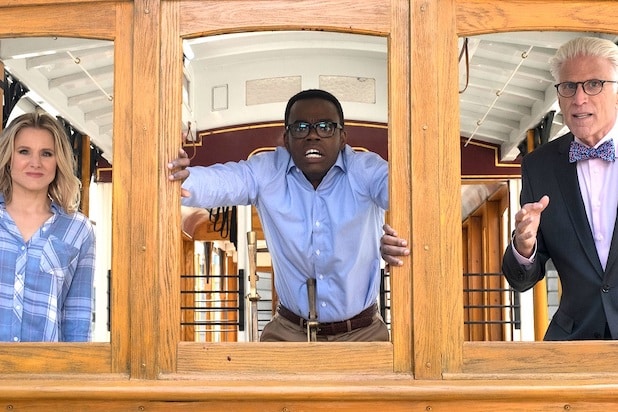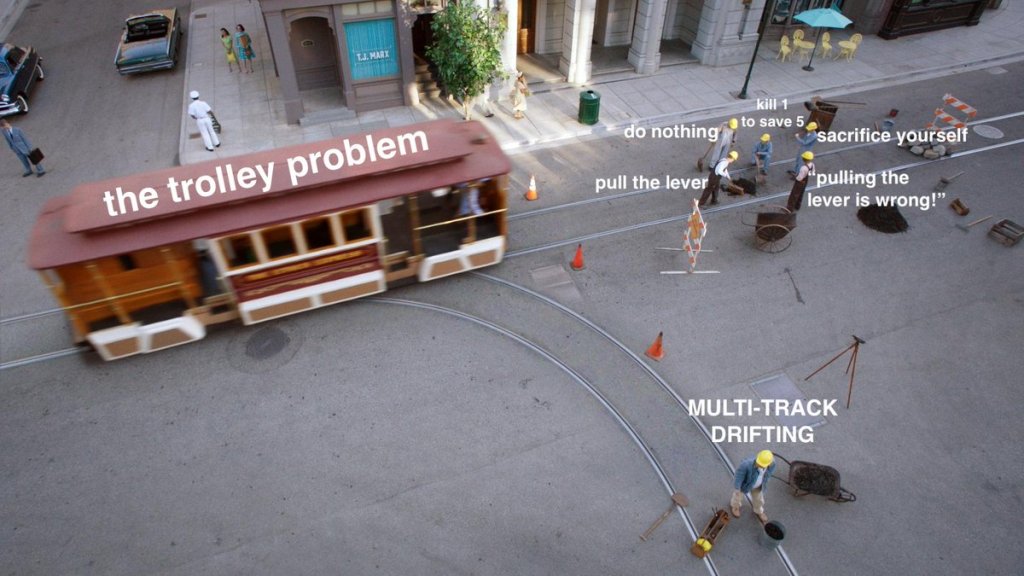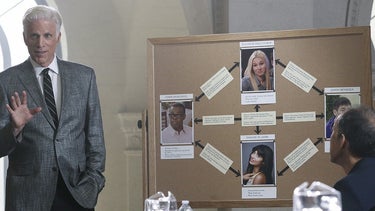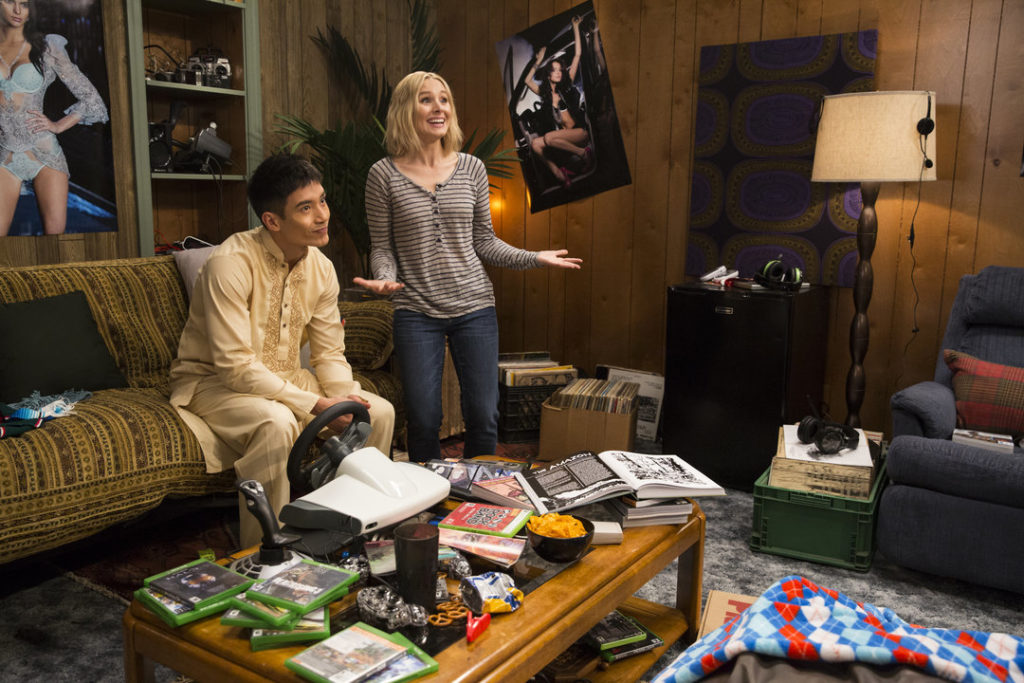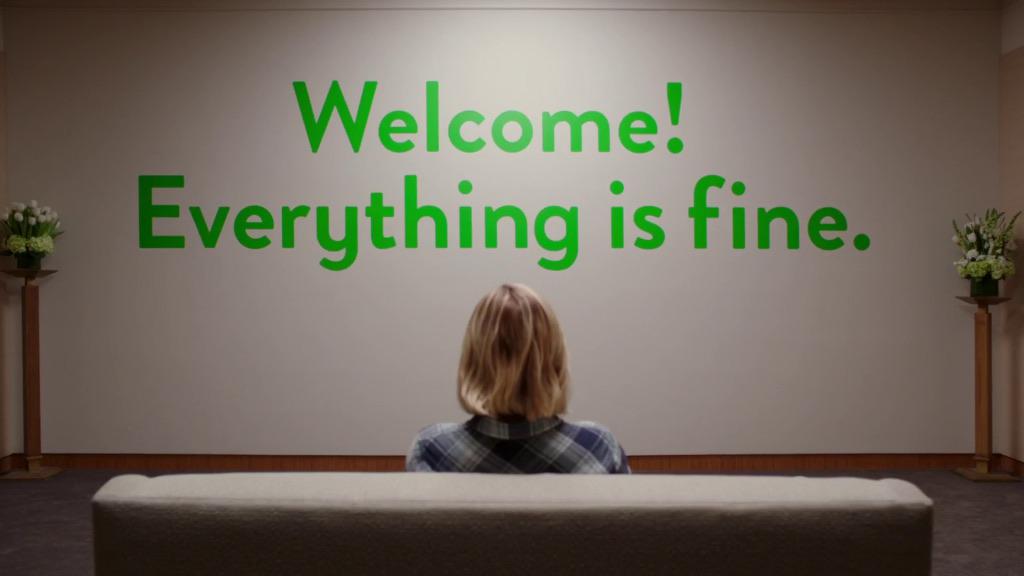Please join us tomorrow, Monday Feb 6 at 4:30pm in the Strange Lounge, where we will discuss the New York Times’ write-in ethical advice column “The Ethicist” by Kwame Anthony Appiah. [Did you know that students and faculty can access a free online membership to the New York Times, through Lawrence’s Mudd Library? If interested, follow this link.] We will discuss a few of the write-ins, and Appiah’s advice. You do not need an online subscription for this meeting, instead, I’ve included four write-ins below that we’ll start with (think about them and I’ll bring Appiah’s response and advice on Monday)—and if anyone wants to excerpt other write-ins for this meeting you are welcome to:
- November 23, 2021:When my father died, I inherited a large trust fund and sole ownership of a family business. I was young and woefully unprepared, so I put my inheritance on the back burner and lived my life as if I was financially “normal.” However, since the pandemic, my portfolio has hit a new high. I am utterly distraught. I feel that I should have never gotten so wealthy when people are suffering so much. I’ve been seriously considering giving a large portion away, but the more I talk to people, the more I realize that to give away large sums of money responsibly and ethically turns my life into a job that I never wanted. I don’t want my father’s money to become my life, my career or the most significant thing about me, even though I know that I benefit from it. I have privileges with it, it gives me options and frankly I could not afford to live in a big city without it. My questions are these: How much money is it ethical to keep, and how much would it be ethical to give away? What is the best way to decide who should receive the money? And how much time and responsibility and rewriting of my life do I owe this gift that often feels like a burden? Name Withheld
- November 23, 2021: In an effort to provide for the long-term financial stability of her children, my grandmother bought a large amount of stock in a fossil-fuel company, which she left to my father. I find it heartbreaking that the investment she made and that my father has maintained to provide safety and security is one of the things that is actively moving the planet toward terrible destruction. My father is elderly and would not consider divesting from this company. This stock will be a majority of his bequest to my siblings and me. I hope my father will live for many more years, but when that stock — and the associated wealth — come to me, what is the ethical thing for me to do with the money? I feel guilt and disgust at the prospect of profiting off the suffering of so many. Name Withheld
- October 4, 2022: My mother has an undiagnosed mental illness that makes her incapable of accepting reality and that has caused her to be emotionally abusive my entire life. My sister and I have maintained a relationship with her, but with strict boundaries and limited visits. She lives alone in a home she inherited, which is falling apart. She is a hoarder and won’t let in repair people or anyone else for that matter. She is 69 years old, hasn’t seen a doctor or dentist in decades. Her car stopped running long ago, and she walks a mile or two to the supermarket, even in winter. She lives off a meager Social Security income. Her pets are not properly cared for, yet she won’t let me adopt them. What options do my sister and I have as she ages and her living situation deteriorates further? And what obligations do we have toward her? She will never admit anything is wrong with her, and neither of us is willing to let her live with us. She would ruin our lives and our families’ lives. This situation is like a dark cloud looming over our heads. My sister and I are the only ones in her life who can help her, but neither of us can afford to support her financially or otherwise. Name Withheld
- October 4, 2022: I have a middle-aged sister who has struggled with a personality disorder since adolescence. It has been challenging for her to hold a job. She has relied on my parents for assistance to raise her son, who is now grown, and to cover all of her living expenses, even as they have moved into their retirement years and live on a fixed income. I told my parents that I do not intend to support her when they are no longer able to or are no longer living, because she refuses to take any responsibility for herself or to comply with medical or mental health care plans. Now my parents are suggesting that I help with some of their expenses. But they would not need assistance if they were not dedicating a significant portion of their income to my sister’s support.How do I determine what my obligations here are? I have adolescent children to whom I also have obligations, like paying for college. Name Withheld


